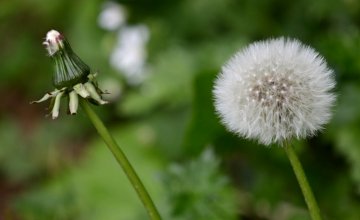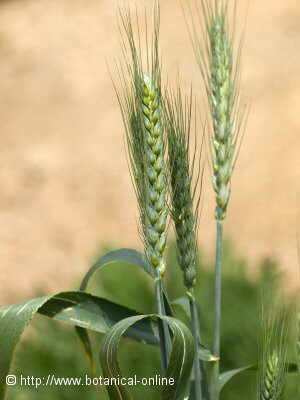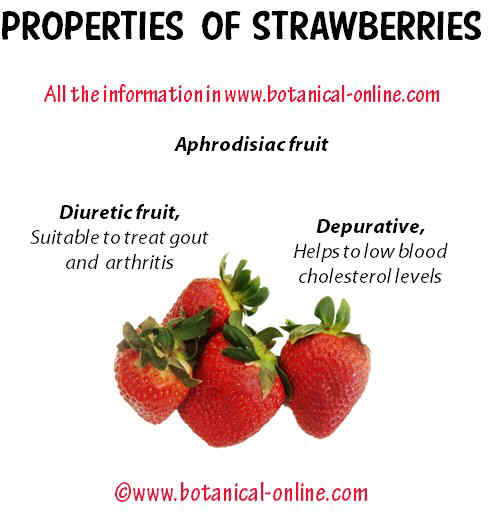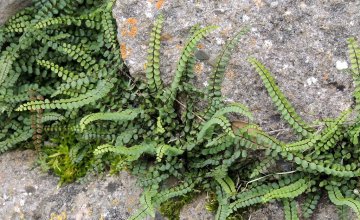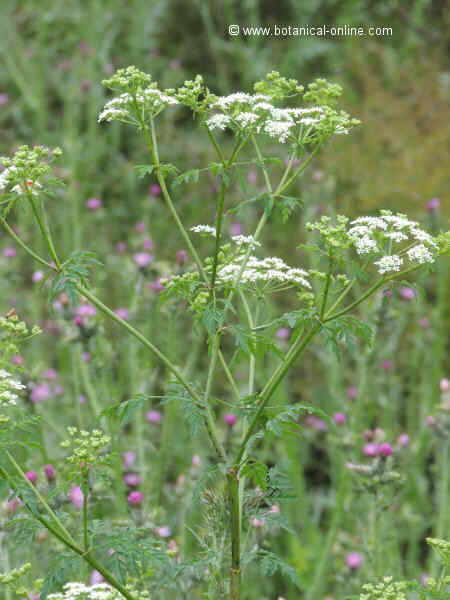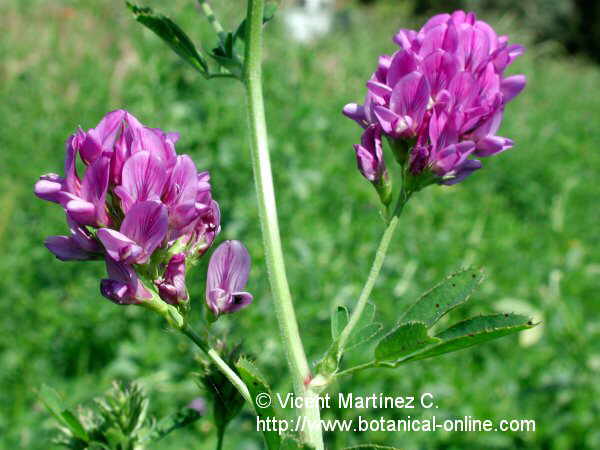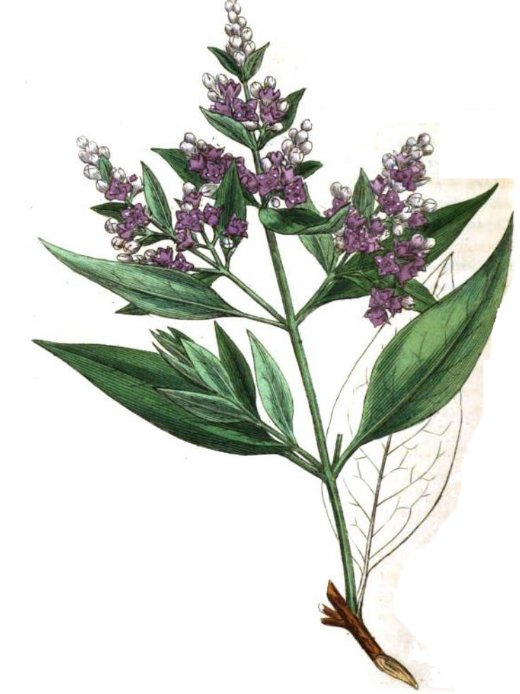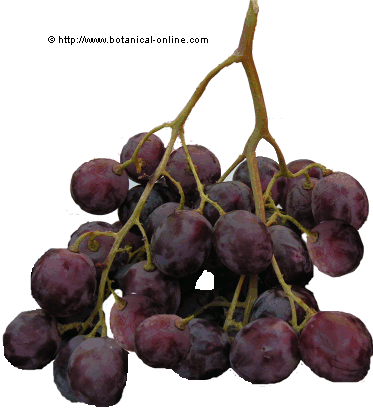TAHINI PROPERTIES
What is tahini?
The tahini, sesame paste or sesame butter is a paste that is obtained from the flour from ground sesame seeds, mixed with water or sesame oil and salt. Tahini name comes from the Arabic word “Tahain” meaning flour.
tahini is commonly used in many Asian cuisines (Japanese, Chinese and Korean) in the kitchen in the middle east (Israel, Palestine, Turkey, Iraq, etc.) and Arabic cuisine of North Africa (Egypt, Morocco Algeria, etc).
Among the dishes where the presence if tahini is essential we have the hummus, that is a very common dish made from chickpeas, tahini, olive oil, garlic, salt and lemon juice.
Properties of tahini
Tahini has properties similar to those of sesame seeds. Mineralization is still very important but, except for iron and sodium, the amount of minerals is lower. Moreover, its vitamin content is higher, highlighting the most rich in vitamin A and vitamins of group B.
The following table shows the composition of each of them.
| Composition of sesame seed and tahini for 100 g | ||
| Sesame seeds | Tahini | |
| Water | 4,69 g | 3,05 g |
| Energy | 573 kcal | 596 kcal |
| Fat | 49.67 g | 53,76 g |
| Protein | 17, 73 g | 17 g |
| Carbohydrates | 23,45 g | 21,19 g |
| Fiber | 11,8 g | 9,3 g |
| Potassium | 468 mg | 414 mg |
| Phosphorus | 629 mg | 732 mg |
| Iron | 14, 55 mg | 8,95 mg |
| Sodium | 11 mg | 115 mg |
| Magnesium | 351 mg | 95 mg |
| Calcium | 975 mg | 426 mg |
| Copper | 4,082 mg | 1,610 mg |
| Zinc | 7,75 mg | 4,62 mg |
| Manganese | 2,46 mcg | 1,456 mcg |
| Vitamin C | 0 mg | 0 mg |
| Vitamin A | 9 UI | 67 UI |
| Vitamin B1 (Thiamin) | 0,791 mg | 1,222 mg |
| Vitamin B2 (Riboflavin) | 0,247 mg | 0,473 mg |
| Vitamin B3 (Niacin) | 4,515 mg | 5,450 mg |
| Vitamin B6 (Pyridoxine) | 0, 79 mg | 0, 149 mg |
| Vitamin B9 (Folic acid) | 97 mcg | 98 mcg |
| Vitamin B12 (Cobalamin) | 0 | 0 |
| Vitamin E | 2, 000 mg | 2, 270 mg |
| Vitamin D | 0 | 0 |
Related information; Tahini recipe
![]() More information on sesame seeds and other characteristics.
More information on sesame seeds and other characteristics.

